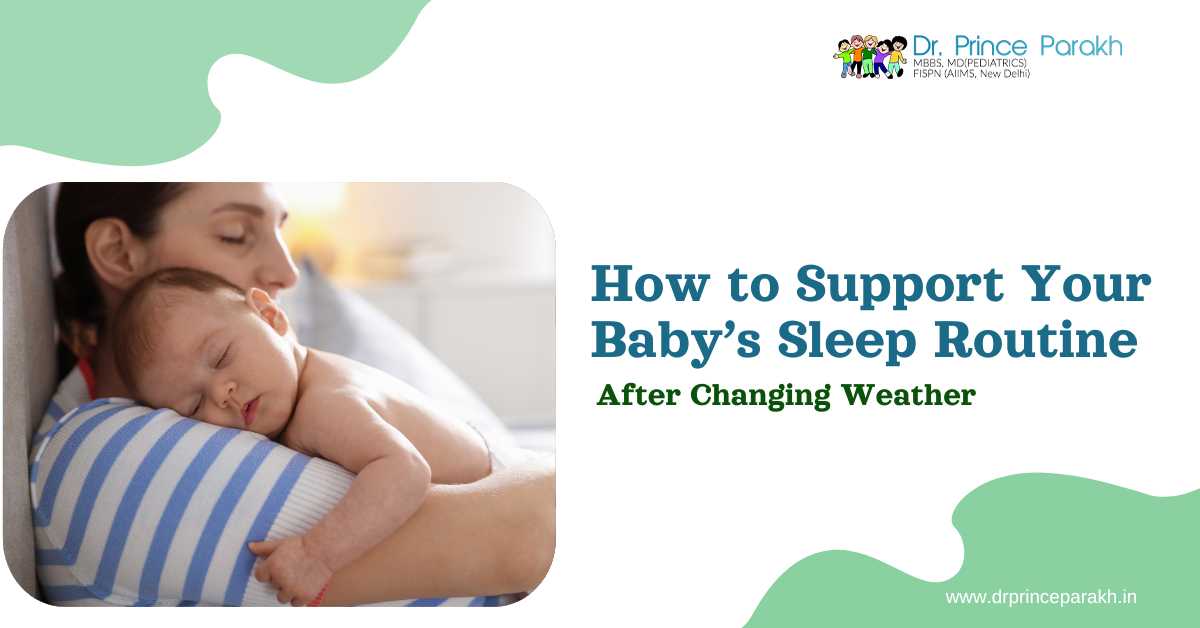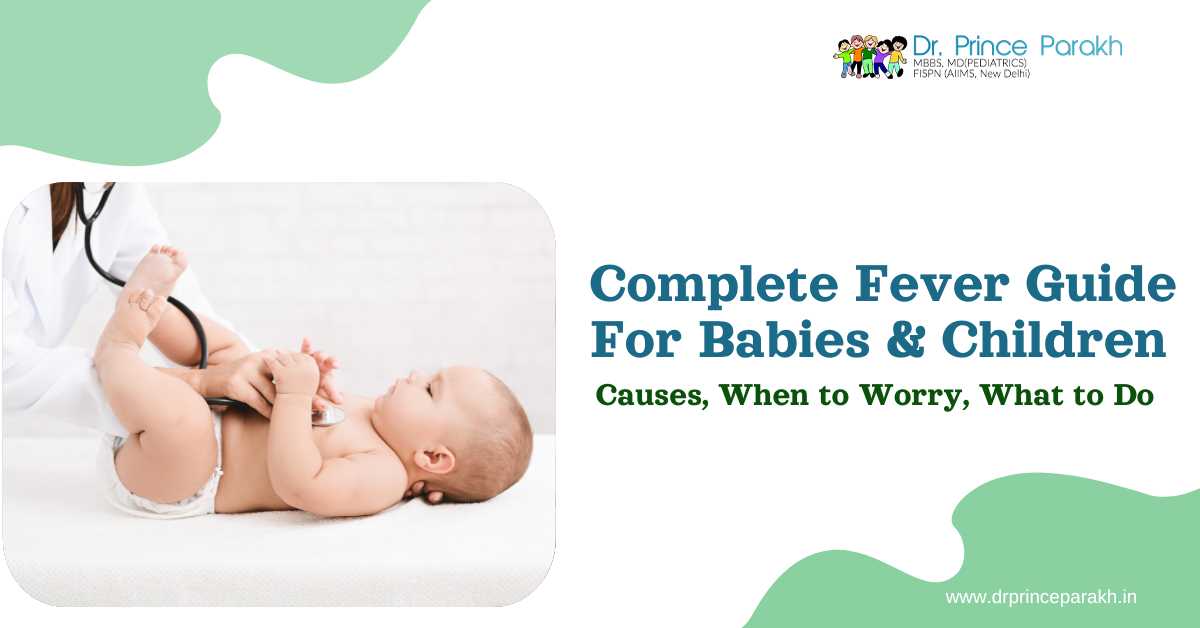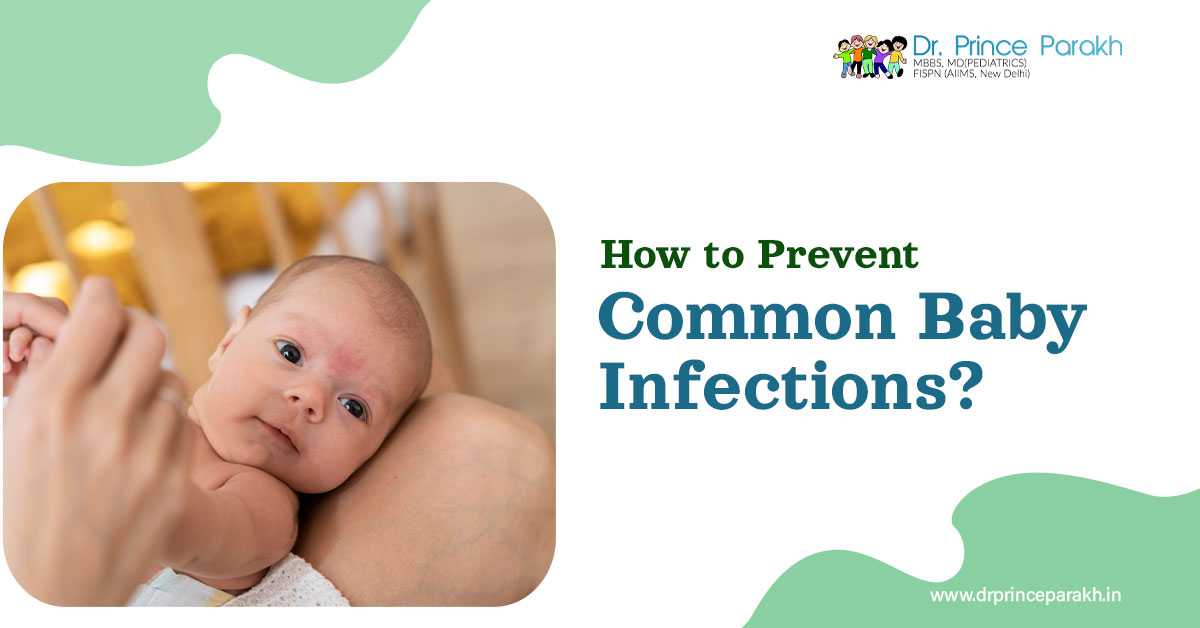Parents are constantly on guard when their kids show any symptoms of sickness. In general, pediatric sepsis is thought to include a range of illnesses caused by infection with bacteria, viruses, fungi, parasites, or the harmful byproducts of these microbes.
Though illness can happen to anybody at any moment, those at the extremes of life, like very young kids or the elderly, are more likely to get sepsis. Infants and preterm newborns may be especially prone to sepsis. For optimum support for critical care in Siliguri, reach out to the leading pediatric clinic in town.
Overview of Sepsis
Other names for sepsis include blood poisoning and septicemia. The severe reaction of the body to an infection is known as sepsis. Your child's immune system works to combat any illness, whether it's from the flu, pneumonia, a cut, or a urinary tract infection.
When your immune system overreacts to an illness, it can cause harm to your body's own tissues and organs, which is what happens when you fight against an infection of any sort. Sepsis is an infection-related consequence rather than an infection in and of itself. It can progress quickly, so early diagnosis and timely care are crucial to health.
The Reasons Children Are More at Risk
Because their immune systems are still growing, children, especially babies and toddlers, are more susceptible to sepsis. Premature children, who have long-term medical conditions or have suppressed immune systems, are more vulnerable to this potentially life-threatening infection.
The fact that early sepsis symptoms might resemble common pediatric diseases makes it even more concerning because it can be difficult for parents and occasionally for medical experts to recognize them.
Early Signs of Pediatric Sepsis
Early detection of sepsis can prevent a life-threatening situation and offer a speedy recovery. The following are important signs to watch out for:
When babies and young children are touched, they feel unusually chilly.
- Breathing quite quickly.
- Sluggishness or trouble awakening.
- Seizures.
- Lack of desire to eat.
- Breathlessness.
- A faint, high-pitched scream.
- Rashes on the skin that don't go away when pushed
- Skin that is blue, mottled, or pale.
- Fever or very low body temperature in older children.
- Rapid heartbeat.
- Disorientation or confusion.
- Extremely fatigued.
- Discomfort or pain.
When to Seek Emergency Care?
- Rapid breathing
- Seizures
- Extremely drowsy or challenging to wake
- Skin that is pale, mottled, or discoloured
- Not eating or drinking
- Having minimal to no urine production
Immediately inform a pediatric physician or nurse that you are worried about sepsis. If the diagnosis shows it’s sepsis, critical care will be given fast. Receive support for pediatric critical care in Siliguri at Dr. Prince Parakh’s clinic.
What Can Put Children at the Risk?
Sepsis can be caused by a variety of microorganisms, including bacteria, viruses, fungi, and parasites. When an infection occurs, the body produces substances to combat it. The chemicals damage the body's organs when they enter the bloodstream during sepsis.
Certain individuals are more susceptible to it, including:
- Newborns less than a year, particularly those born prematurely or younger than a month.
- Kids with long-term health issues.
- Ones who are under a medical device (such as a long-term IV line or catheter).
- Kids who have just had surgery or experienced a serious injury.
- Kids with diseases like HIV or cancer, or by medications that work by suppressing the immune system.
Sepsis is manageable with prompt detection and medical support. You are the one who knows your child the best. Get fast help if something feels off. Consult the leading pediatric expert in town for critical care in the Siliguri region.







